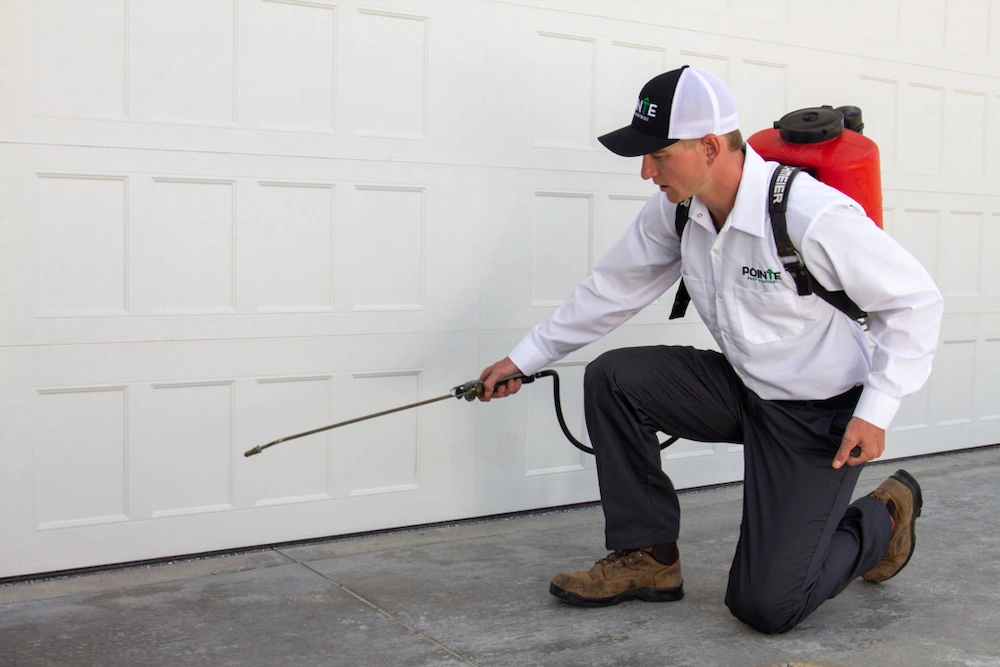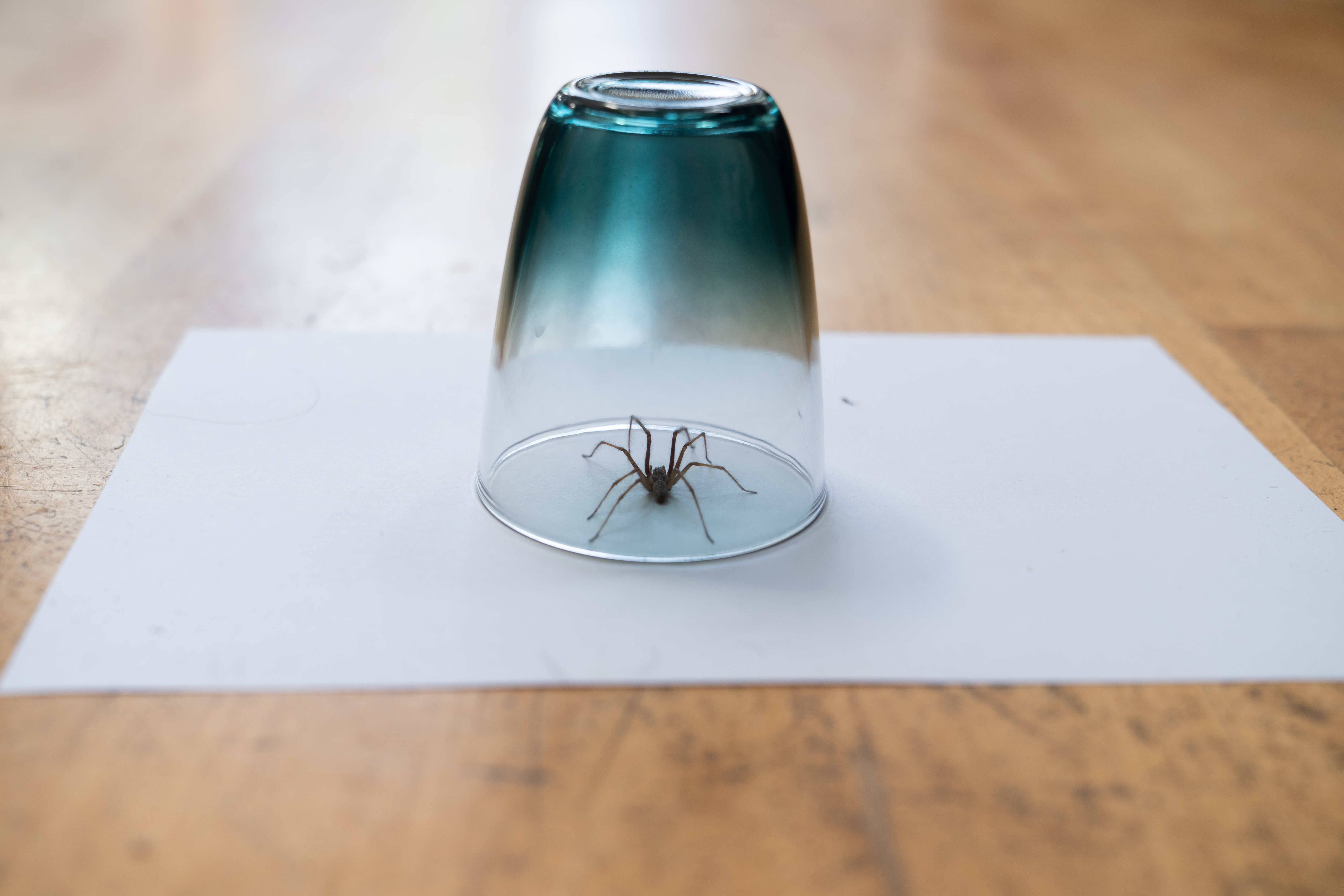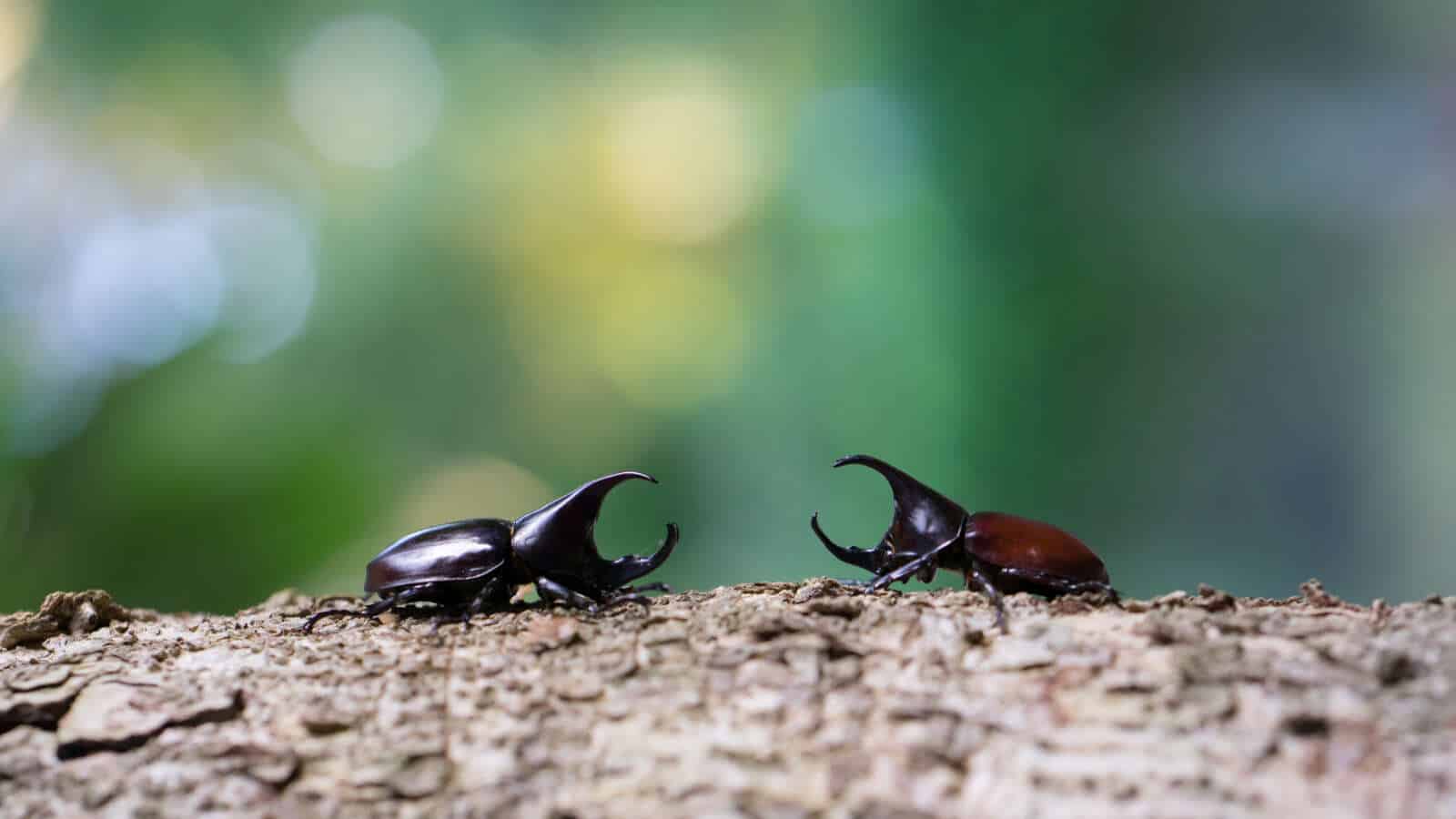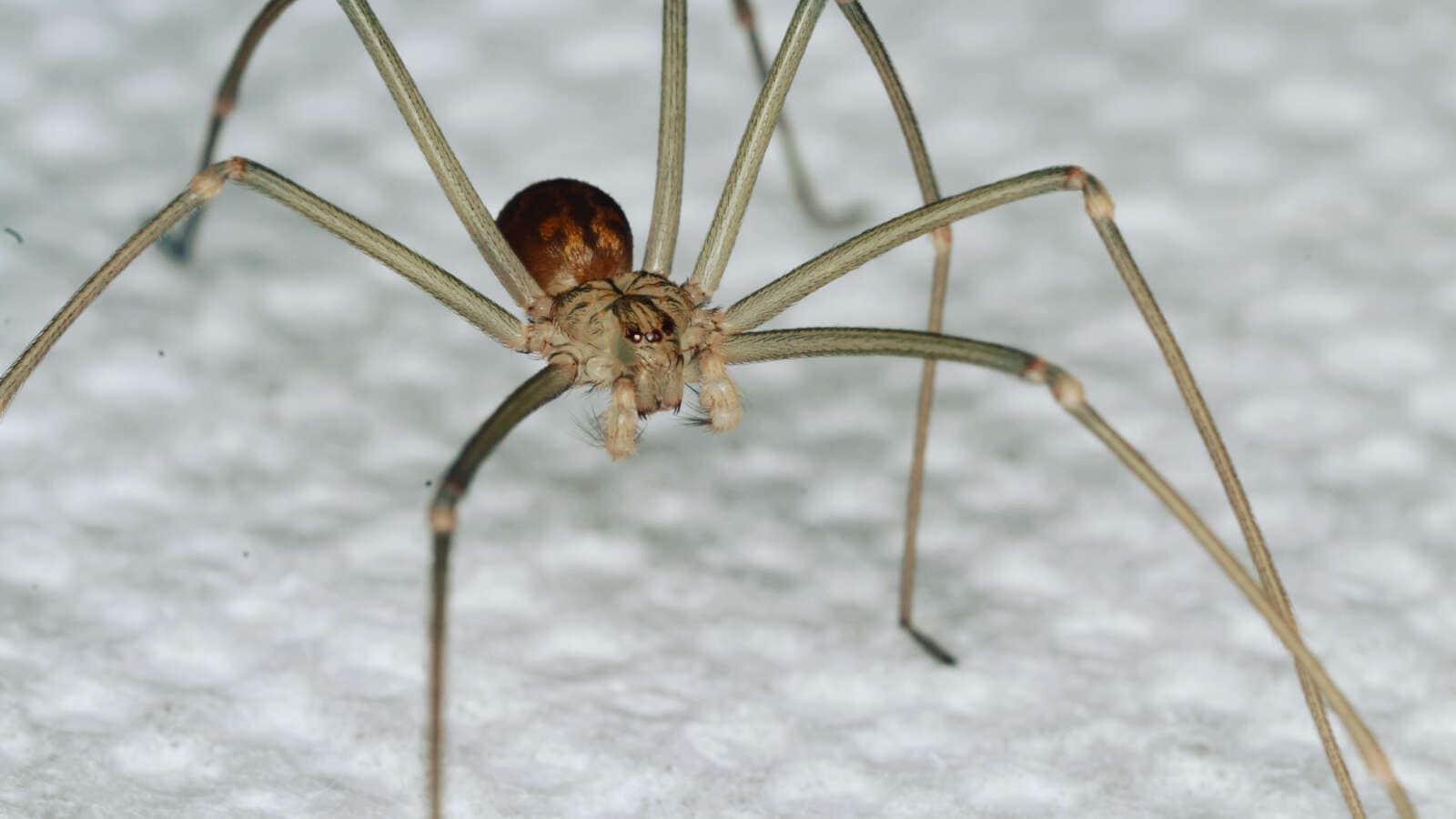Why Do Spiders Love My House So Much?
This question is typically asked with an air of frustration after finding what feels like the hundredth spider in your house. Since spiders don’t invade in large groups or create sizable nests, it seems strange to keep finding them scattered throughout your home like leftover Halloween decorations. We don’t find a group of spiders in every friend’s house we enter, so why do they seem more common in certain homes than others? This is the exact question we are answering today, so let’s explore some of the reasons why these arachnids tend to gravitate toward your home.
Insects
If we had to choose the main reason why these arachnids seem to love your home, it would likely be because they have a reliable food source here. Spiders can only live where they have easy access to food since they will not last long without it. These arachnids are carnivorous, meaning they provide natural pest control wherever they go. Their favorite foods include flies, mosquitoes, roaches, and ants. Web-builders will weave their webs in areas of increased insect activity, so if you find multiple spider webs in one area, it is a sign of a potential pest problem that goes beyond the arachnid’s presence. Remember: the more spiders you see in your home, the more insects that are likely hidden somewhere nearby. It is worthwhile to pursue pest control options upon finding spiders in your home because they likely aren’t the only pests inside, unfortunately.
Mating Season
This reason is especially applicable if you find more spiders in your home during a certain time of year. Since spider eggs typically hatch in the spring and the young mature over the summer, the fall tends to be mating season for most species. The adult males spend their days searching for their mates, which can lead them indoors if they take a wrong turn or a female is already inside. Females produce pheromones (invisible scent chemicals) that males can smell and use as a trail straight to their sweethearts. The females will eventually lay their eggs in a warm, safe area that they can guard until the eggs hatch. Most species prefer to keep their eggs inside egg sacs for extra protection, as the spider silk is strong enough to withstand small pressure and agitation. So, if you start finding more spiders in your house once the leaves start to turn red, it could be them looking for love!
Seasons
Speaking of seasons, spiders are very in tune with nature and therefore tend to invade homes more often during specific times of year. Many homeowners find that their spider problems increase in winter. Spiders are just like us in this regard: they want to escape the cold and snow by staying in a cozy home all winter long! If any are living outside your home during the fall, they will start seeking out entry points in the house based on the warmth they feel emanating from the structure. Spiders also tend to invade in the summer once the temperatures reach their annual peak, especially if there isn’t any moisture outside. It’s also common to find more after a major rainstorm since the pests are desperate to escape the excess water. In general, these arachnids seek out homes when they want to be sheltered from extreme weather on both ends of the thermometer. The climate-controlled temperature and artificial light (that attracts the spider’s meals) are major reasons why spiders love our homes.
Clutter
The specific area in your home where you tend to find more spiders makes a difference. Seeing a few in the bathtub versus in the packed garage translates to an entirely different set of problems. Spiders love cluttered spaces in houses because they have far more hiding spots to choose from. Garages, attics, basements, sheds, and cellars tend to attract more spiders purely because of the clutter that often collects there. They can even slip into cardboard boxes or plastic bags that sit outside for a while, then accidentally hitchhike straight into the home when the unsuspecting owner brings it inside. Spiders seek out all kinds of nooks and crannies to hide within, especially near the vents and windows they enter through. They can lay thousands of eggs amidst clutter since they don’t have to worry about predators or adverse weather, which means a full-scale infestation is possible if your stored belongings are haphazardly kept in these types of rooms.
Moisture
We often don’t associate spiders with moisture because, unlike mosquitoes and water beetles, they don’t lay eggs or live in the water. But they need water just like any other creature, especially when the temperature is warmer. In addition to living near a steady food source, spiders also like to have water nearby to quench their thirst. This leads them to pursue rooms with excess moisture, like the basement, garage, bathroom, and crawl space. If there is a leak anywhere in the house, spiders (among other pests) will seek it out for the moisture it provides. These arachnids also like humid areas for the combination of warmth and moisture, which is the best of both worlds for them. They like to live in bathtubs, showers, sinks, and laundry rooms for this reason. If you begin finding more spiders near a certain piece of plumbing, there may be an unaddressed leak somewhere in the system.
Landscaping
Similar to any pest, spiders can use overgrown greenery to get inside the adjacent home. Any plants — bushes, flowers, grass, tree limbs — that touch the house can act as a freeway for creepy-crawlies. Once a spider makes its way along the plant up to the house, it can find an entry point near a window, door, vent, or crack. They prefer to live in dense shrubbery anyway, as they can easily hide within the greenery and lay their eggs in a hidden corner. If your yard has seen better days (no judgment here) and the greenery is starting to be more adjacent to your house than before, it could explain why spiders are starting to use your house as their newfound shelter. Making sure that your house is free of any cracks, crevices, and gaps is one of the most reliable ways in keeping a spider-free home — no matter how appealing they find your cozy home.
Pointe’s Efficient Spider Solutions

No matter which type of spider is trying to claim your home as their own, the local experts of Pointe Pest Control are here to help! We have years of experience in solving all kinds of spider issues, from eliminating current infestations to preventing future spider problems. Our highly-trained technicians begin each service with a thorough inspection of the property to search for all signs of spider activity, assess the locations of spiderwebs, and determine the species involved. These findings help us create a personalized treatment plan that will safely solve your specific pest issues as efficiently as possible. Between our environmentally-friendly products and our flexible scheduling, we guarantee that we will have your home spider-free in no time. Contact us today for a free quote on our effective spider control services!
Citations
Fallon, D. (2023, January 26). What attracts spiders? How you’re inviting spiders into your home — and what to do about it. Bob Vila. Available at https://www.bobvila.com/articles/what-attracts-spiders/ (Accessed on January 3, 2024).
Knowing what attracts spiders in the house helps prevent infestations. (2023, April 5). Gunter Pest & Lawn. Retrieved January 3, 2024, from https://www.gunterpest.com/news/what-attracts-spiders-in-the-house/
Mendoza, J. (2022, September 20). Seeing more spiders in your home lately? They’re probably just looking for love. USA Today. Available at https://www.usatoday.com/story/news/nation/2022/09/20/more-spiders-inside-home-fall-mating-season/10425976002/ (Accessed on January 3, 2024).
Wagner, E. (2023, January 12). 8 ways spiders can be brought into homes. Pest Management Professionals. Available at https://www.mypmp.net/2023/01/12/8-ways-spiders-can-be-brought-into-homes/ (Accessed on January 3, 2024).
Zito, B.B. (2023, November 24). 7 things attracting spiders to your house and how to keep them away. The Spruce. Available at https://www.thespruce.com/what-attracts-spiders-in-the-house-7564822 (Accessed on January 3, 2024).






